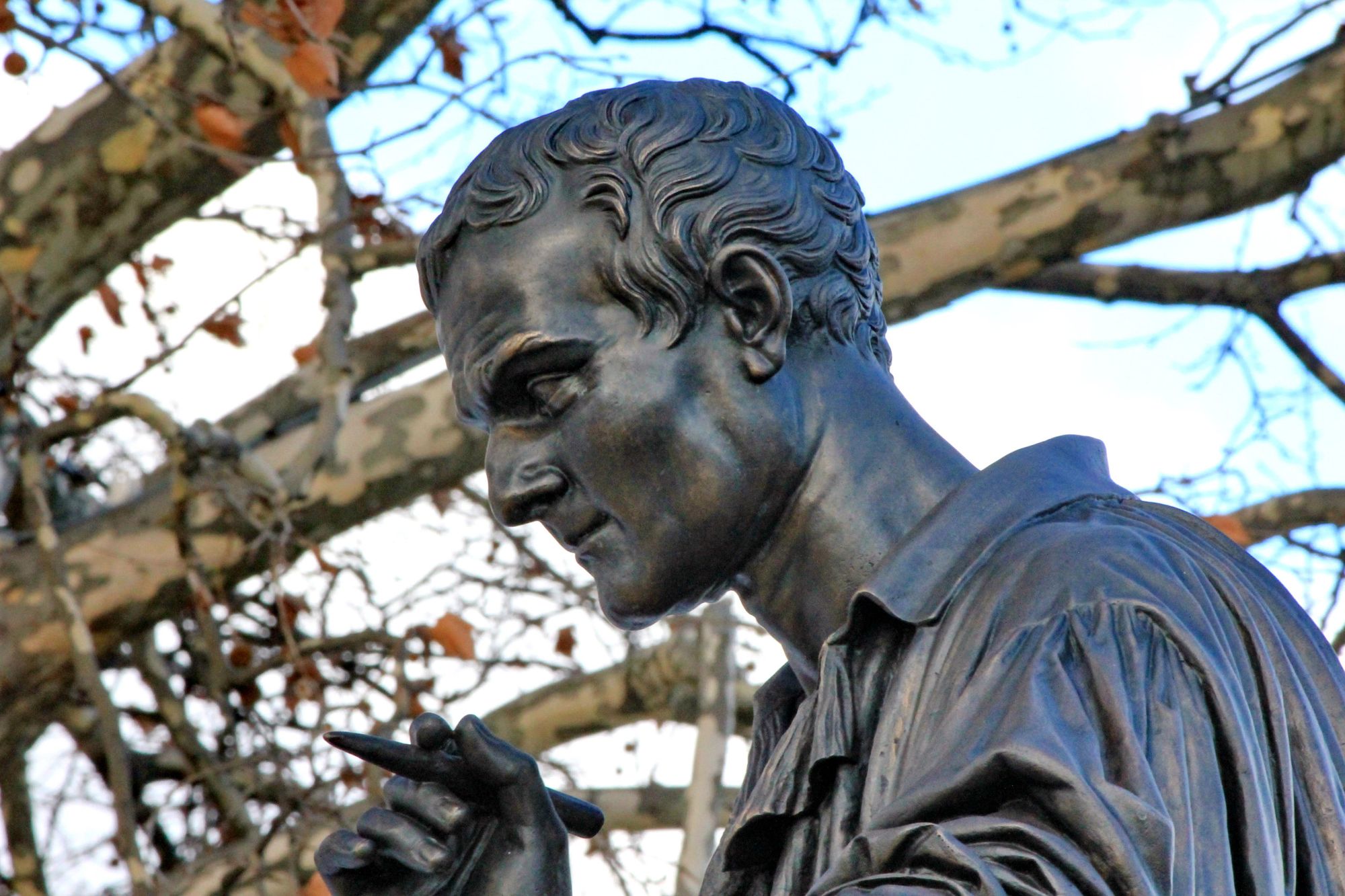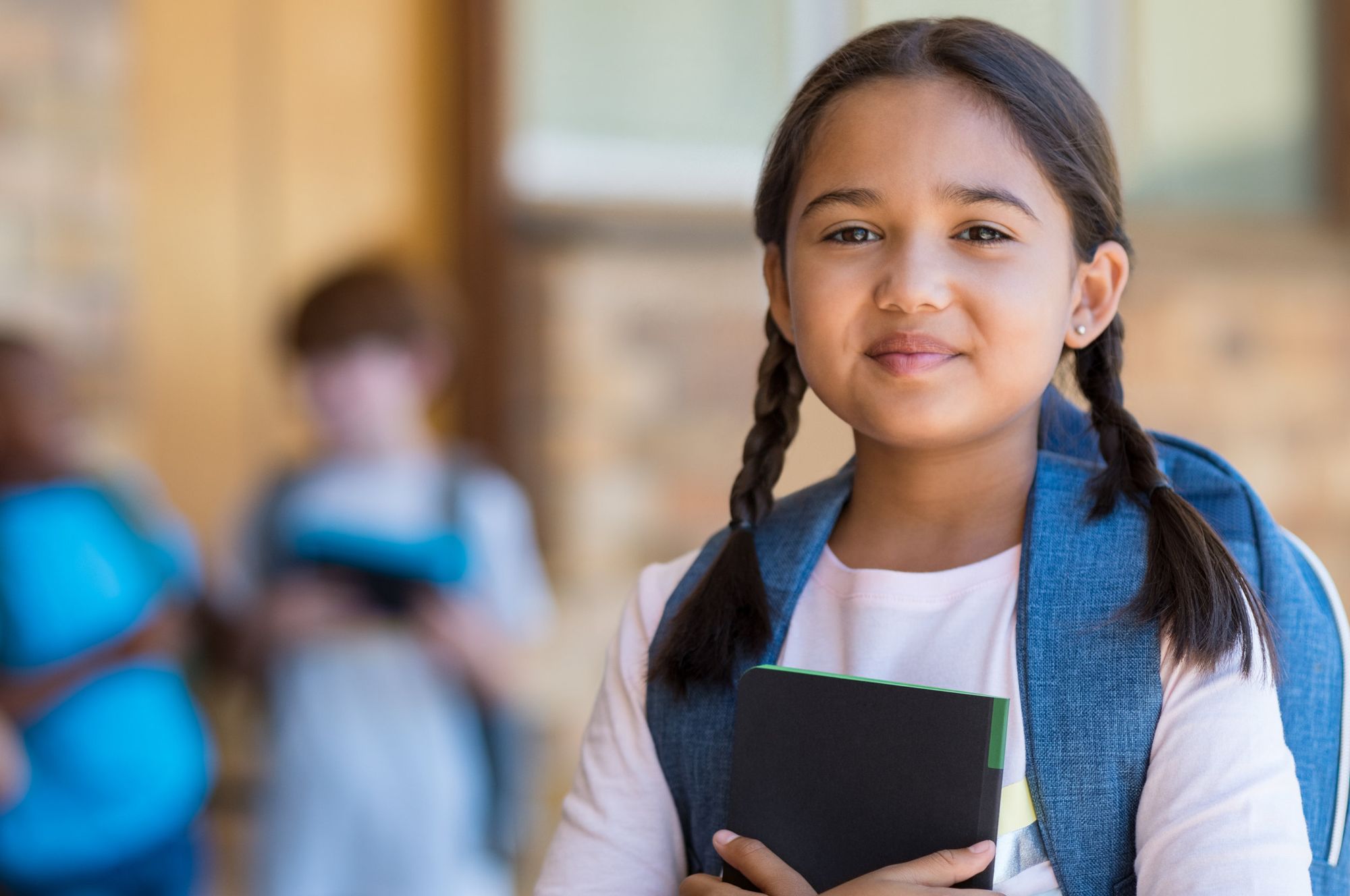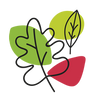Education
Or, the case for female education.

In my readings this week, I happened to stumble upon this cracker of a quote from the Swiss-born philosopher, Rousseau:
“The whole education of women should be related to that of men. To please them, to be useful to them, to become loved and honoured by them, to bring them up.”
These grotesque words were written in 1762, in Rousseau’s semi-fictional philosophical piece about education called Emile.
Encapsulated within the quote is the arrogance that saw the educated European man place himself above mere womenfolk for hundreds, if not thousands, of years. How can we, as contemporary humans, read this without lamenting the lives of the women who have come before us, kept from the right to knowledge by the men who wanted them to be useful?
Thank God for Mary Wollstonecraft. In 1792, she took to Rousseau and his ideas about women’s education in her work, the Vindications of the Rights of Women, a seminal piece that laid the foundations of feminism in 1792. Here’s what she wrote:
“I may be accused of arrogance; still I must declare what I firmly believe, that all the writers who have written on the subject of female education and manners from Rousseau to Dr Gregory, have contributed to render women more artificial, weak characters, than they would otherwise have been; and, consequently, more useless members of society.”
And this:
“Connected with man as daughters, wives, and mothers, their moral character may be estimated by their manner of fulfilling those simple duties; but the end, the grand end of their exertions should be to unfold their own faculties and acquire the dignity of conscious virtue.”
Ah, the dignity of conscious virtue. Isn’t that something we could wish for any person: the ability to choose what’s good or bad for ourselves? This nestles in so beautifully with our sense of free will and the right to exercise our autonomy.
Wollstonecraft couples this with the right to ‘unfold our own faculties’. This is how we become who we are – a gradual unfolding of our truth and, in the best-case scenario, with education supporting our development, regardless of gender, race, ability or postcode.
Permutations of the sentiments behind the Rousseau quote still trickle down into our lives today – whether that be through entrenched gender roles in the home, the gender pay gap, or the abject discrimination against women in countries like Saudi Arabia that, for example, don’t allow women to drive.
According to the Malala Fund, today there are 130 million girls who don’t have the opportunity to go to school. The barriers to education in many countries include child labour, early marriage, conflict, cost, gender bias, health (including menstruation and lack of access to menstrual hygiene products), natural disasters, and poor quality of the schooling available. The Malala Fund explains that girls’ education makes for better economies, healthier families, more stable communities and better outcomes for environmental sustainability.
And this brings me back to the fact that literacy improves lives – a fundamental underpinning of my working life, and one of the reasons that I started this blog. The Australian Literacy and Numeracy Foundation says that literacy is the road to human progress. I might even go so far as to say that reading is the key to a good life – a connected, independent and informed one.

Of course, the lack of literacy in our communities today isn’t just limited to girls, but as the stats above show, enormous numbers of girls miss out on the education they so rightly deserve. And there’s some leftover misogyny of Rousseau and his ilk underpinning this.
Is there hope? Ever the optimist, I will say: there always is. The truth is that the dinosaurs will die out and with them, their misogyny. Slowly, slowly, over time, we see educated women stepping into their power, taking their opportunity to unfold their faculties.
This week in Australia, we had an unprecedented election result that saw a diverse group of strong women – many of them independent of political parties – be voted into our Parliament. This Parliament will be the most diverse our history has ever seen, with more women and more nationalities represented than ever before.
So, even though we still have such a long way to go, we’re making progress. Finally.

